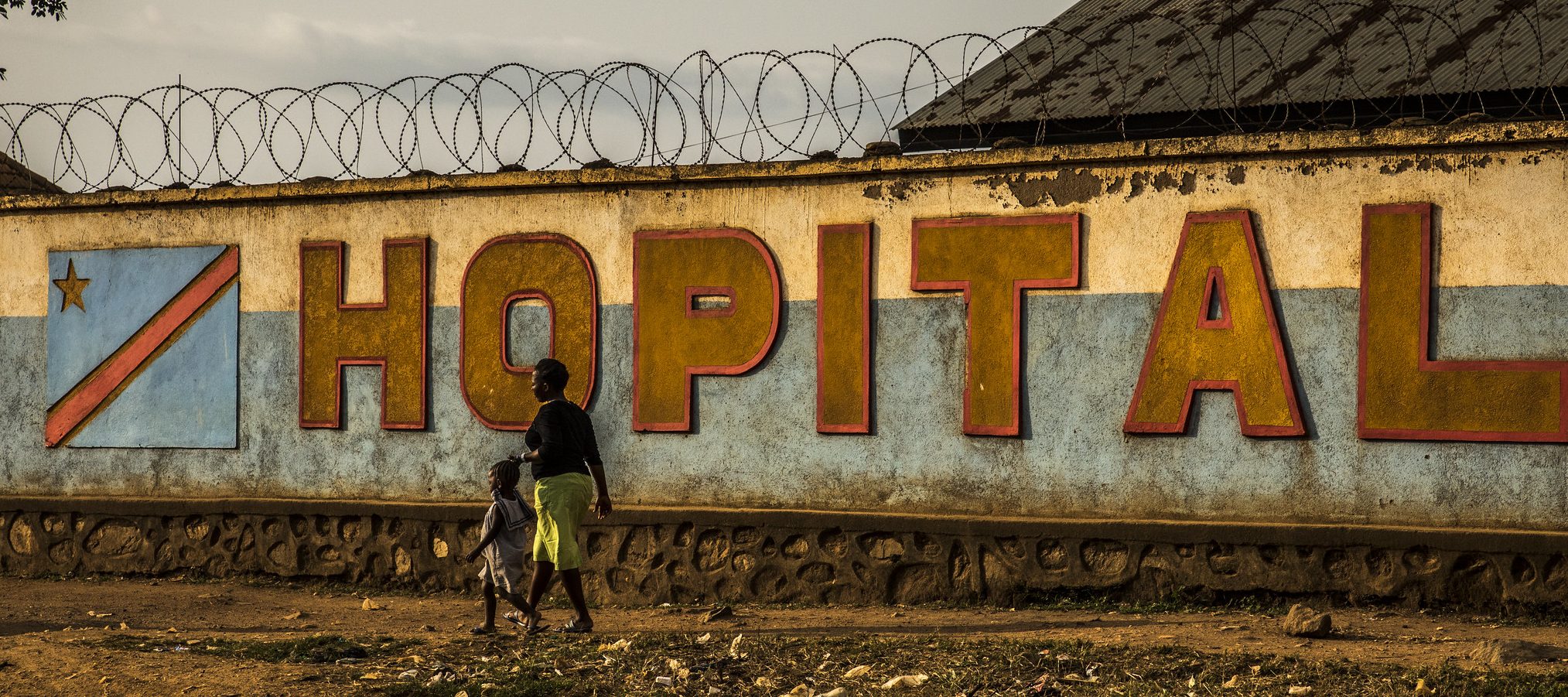
Health system resilience during COVID-19: understanding sexual and reproductive health service adaptation in North Kivu
This report (which can be read here) examines the effects of the COVID-19 pandemic on sexual and reproductive health services in North Kivu and how the health system did, or did not, adapt to ensure continued access and utilization of these services.
Background
Women and girls often face increased challenges to accessing healthcare during epidemics on top of pre-existing health disparities. There is emerging evidence that COVID-19 has had negative impacts on the health of women and girls in sub-Saharan Africa due to diverted funding, reduced services, negative socioeconomic impacts, and increased or new barriers to access. Although the Minimum Initial Service Package for Reproductive Health in Emergencies (MISP) was developed to ensure that women had access to reproductive health services during crises, implementation of it is dependent on governments and humanitarian actors prioritizing its roll out.
This study
In the North Kivu province of the Democratic Republic of the Congo (DRC), the COVID-19 pandemic hit shortly after the end of an Ebola epidemic within a context of protracted insecurity following decades of conflict between armed non-state actors and the government. This study used mixed methods to examine the effects of the pandemic on sexual and reproductive health services in North Kivu and how the health system did, or did not, adapt to ensure continued access and utilization of sexual and reproductive health services.
Findings
We found there was limited prioritization of sexual and reproductive health in the response to COVID-19, despite negative impacts related to lockdowns and limits on numbers of people allowed at health centers at any given time. Although the government issued policies on how to adapt sexual and reproductive health services, these were developed centrally and did not provide much guidance on how to operationalize the policies in different contexts. As a result, healthcare providers and civil society actors developed their own ways to continue activities at local levels, not necessarily in a systematic way.
Our findings stress the importance for donors to consider how resources can be leveraged to support sustained strengthening of the health system to be able to absorb and adapt to shocks even when new influxes of funding in the face of a crisis, such as a new outbreak, are limited.
About the research
This report was produced as part of the first round of ReBUILD for Resilience’s Responsive Fund which focused on the impact of COVID-19 on fragile and shock prone settings. More on the project here.
Authors
- Lara Ho – International Rescue Committee
- Maria Bertone – Queen Margaret University
- Wesam Mansour – Liverpool School of Tropical Medicine
Image: DRC: A Trip to the Front Lines of the Fight Against Ebola – Beni, North Kivu. World Bank Photo Collection via Flickr